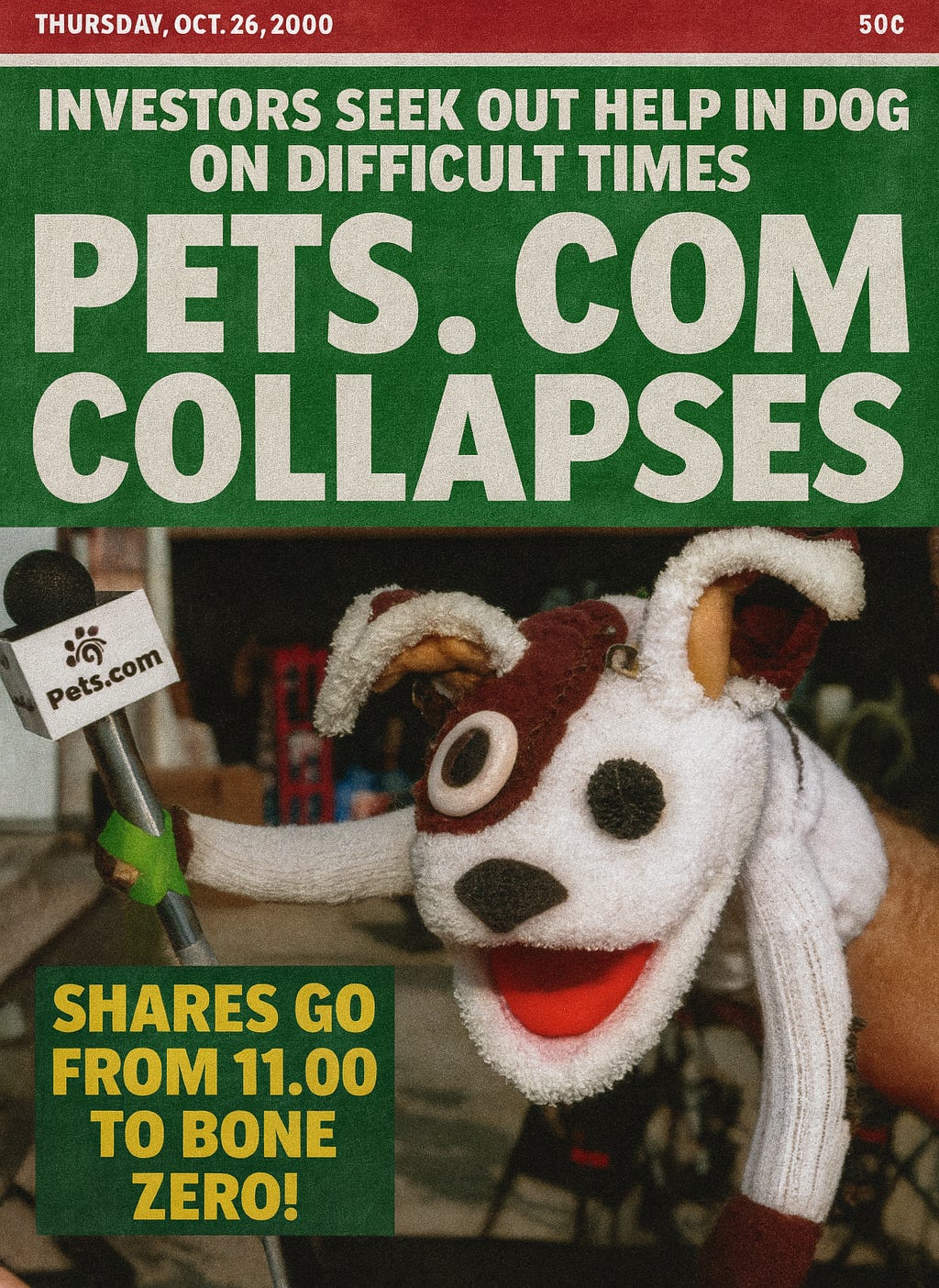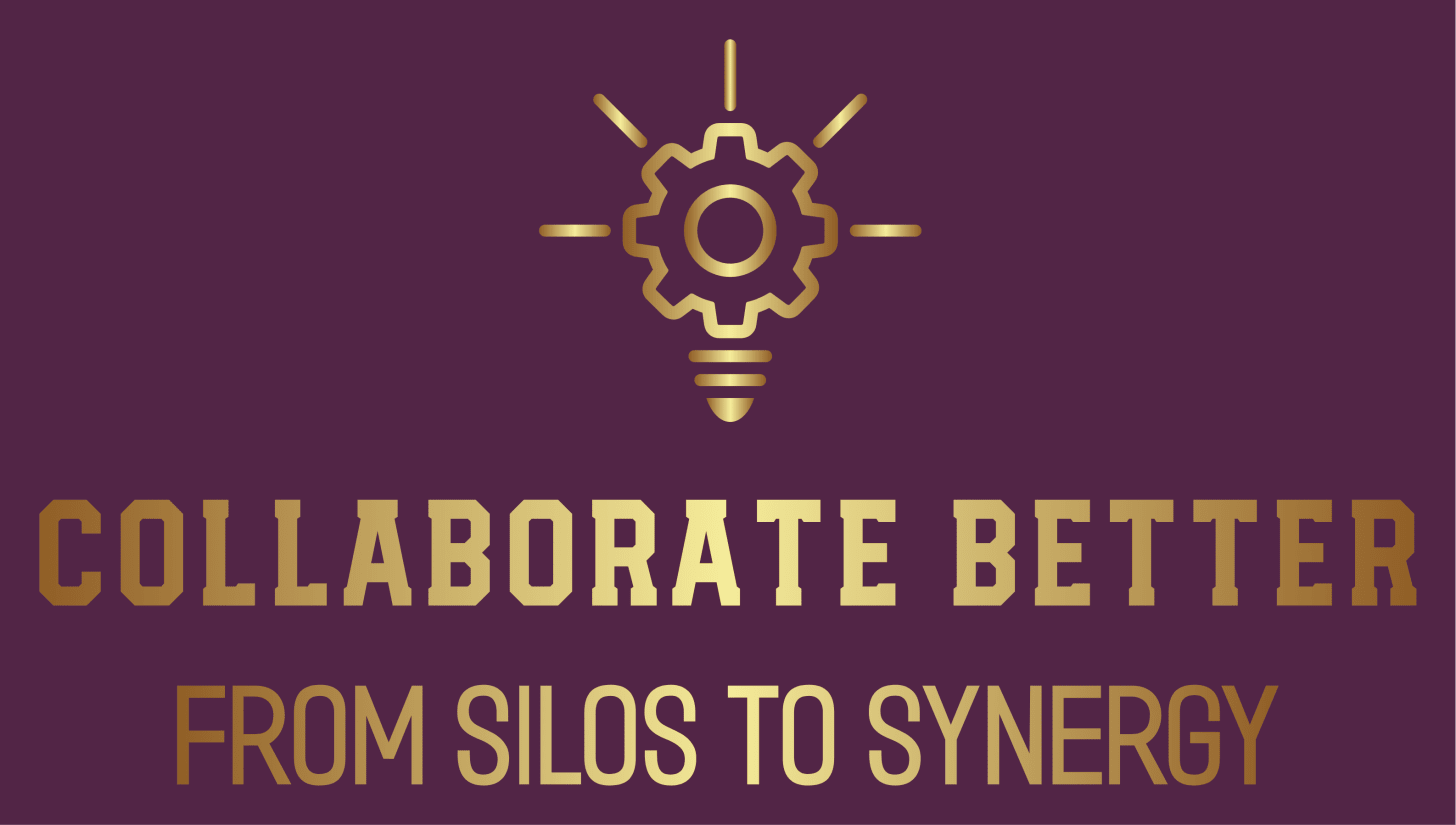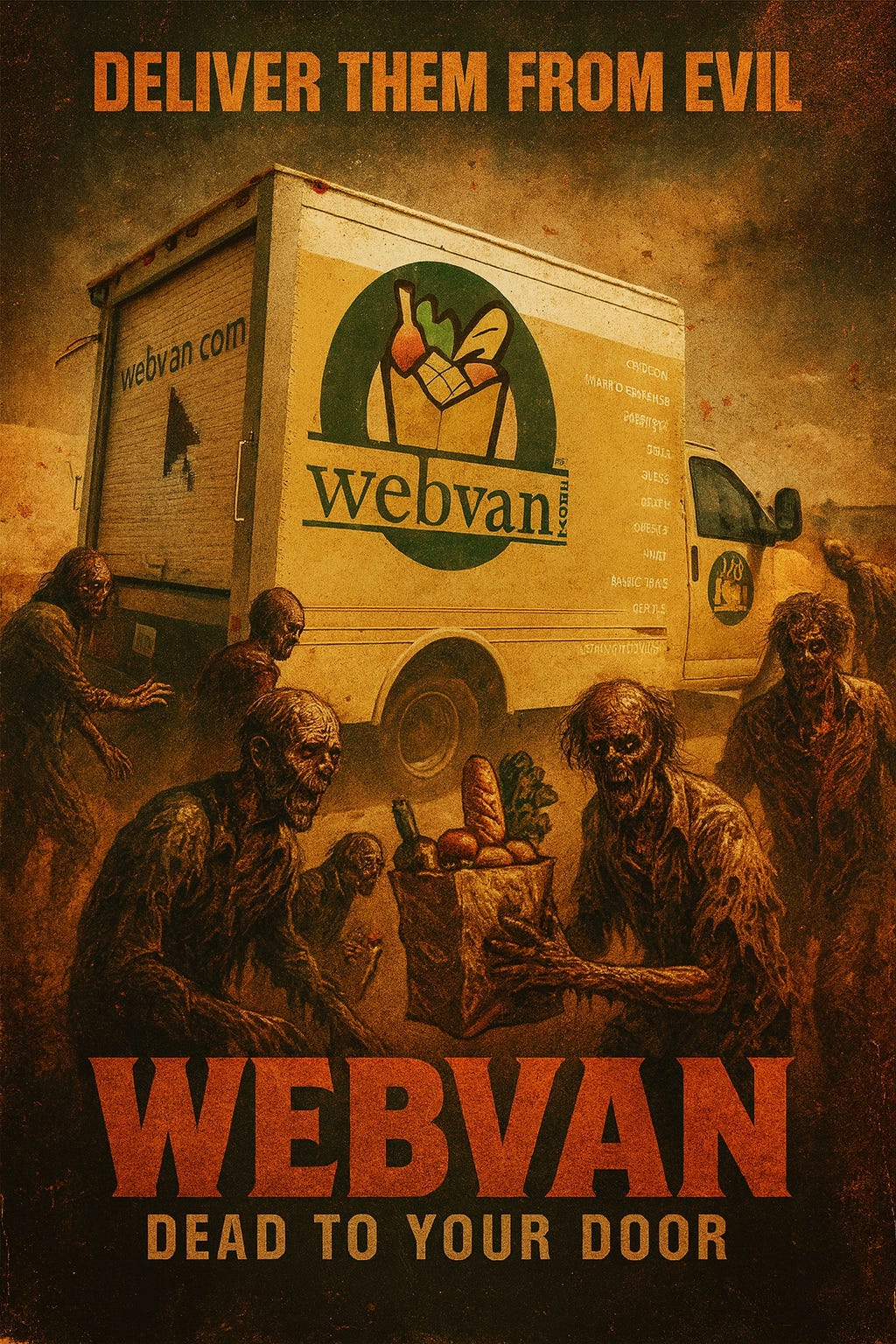🔒Leader's Dispatch: Inside the Great AI-Washing Epidemic — Who’s Selling Real Tech & Who’s Selling Smoke?
Leader's Dispatch Volume 3
Top of the Series: 🔒Leader's Dispatch: Has OpenAI Lost Its Strategic Edge? (Windsurf AI ☢️Fallout🧨)
Previous: 🔒Leader's Dispatch: How ChatGPT’s Agent Can Lasso 🤠 Your Job Search & Career Goals 🤑
Poll: How Real Is the “AI” in Most Startups You See?
🤖 Rock-solid, solving real problems
🧠 Some brains, mostly buzzwords
💅 All demo, no depth
🧼 AI-washed within an inch of its life
🤡 Straight-up clippy cosplay
💾 Bubble.com
All of This Has Happened Before and All of This Will Happen Again
Picture this: it’s 1999, and everyone believes the internet has suspended the laws of gravity. A sock puppet dog becomes a celebrity, waving from the Macy’s Thanksgiving Day Parade and starring in a Super Bowl ad. His company, Pets.com, earns just $619,000 in revenue while spending $11.8 million on advertising and selling kibble at a loss. None of that matters to investors. Pets.com isn’t just a store—it’s the face of a revolution.
Across town, Webvan is betting big on the same dream. It orders $1 billion worth of automated warehouses and spends another $1.2 billion buying competitors, even though its sales total just $178.5 million against $525.4 million in expenses. Analysts can’t stop applauding. A company with $395,000 in revenue and more than $50 million in losses somehow earns a $4.8 billion valuation.
And in Europe, Boo.com joins the party. The startup raises $135 million, burns through it in 18 months, and launches a flashy 3-D shopping site that takes minutes to load on dial-up. Within a year, it collapses into receivership and is later remembered as one of the greatest dot-com busts of all time.
The zeitgeist of the dot‑com boom was unfettered optimism: if you added “.com” to your name, you were suddenly a technology company; if you spent more on Super Bowl ads than you earned, you were “investing in eyeballs.” Then overnight, gravity returned. Share prices cratered, warehouses were shuttered, and sock puppets were retired to dusty basements.
“All this has been seen before, and all this will be seen again.” It’s a phrase that feels prophetic when you consider today’s headlines—AI start‑ups sporting nine‑figure valuations with no revenue, vendors slapping “AI‑powered” onto basic software, and venture capital flowing like it’s 1999. Of course we’ve learned from the past. Surely no one would ever repeat those mistakes. Not with AI, can it?
Of course not. We’re all far too wise, experienced, and discerning to fall for rebranded vaporware and AI-washed promises... right?
If today’s tech scene has taught us anything, it’s that hype may win headlines—but trust wins teams.
📘 That’s exactly why I wrote Collaborate Better. In an era of inflated claims and fragile foundations, we need leaders who build trust architectures, not just buzzword pyramids.
🚀 Preorders are now open at CollaborateBetter.us — secure your copy, support the mission, and join a movement committed to substance over spin. Because when the hype fades, the real builders are still standing.
😬 DéjàVu.ai
The Analogue.com you opened with sets the stage for a deeper lesson: bubbles are built on optimism, not fundamentals. Pets.com, Webvan, and Boo.com were celebrated, cash‑burning mascots of a new economy; their failure didn’t stop the internet from changing the world—it merely killed companies that had no real plan beyond burning money. Fast‑forward to the AI boom and the pattern feels eerily familiar.





